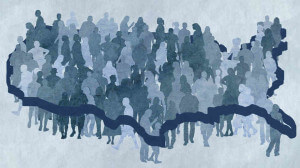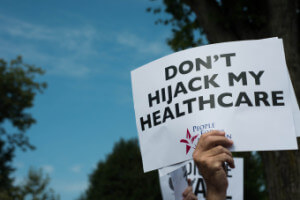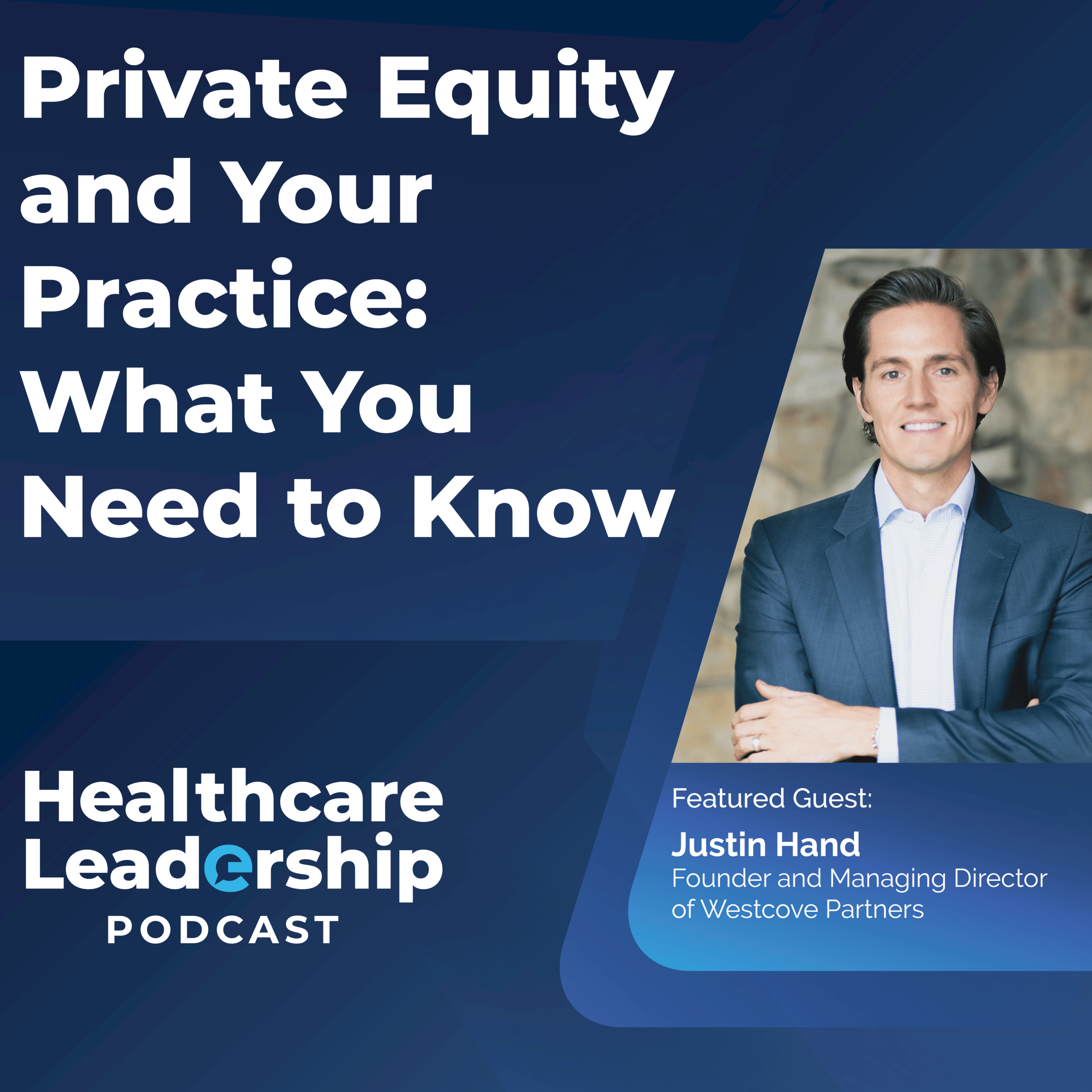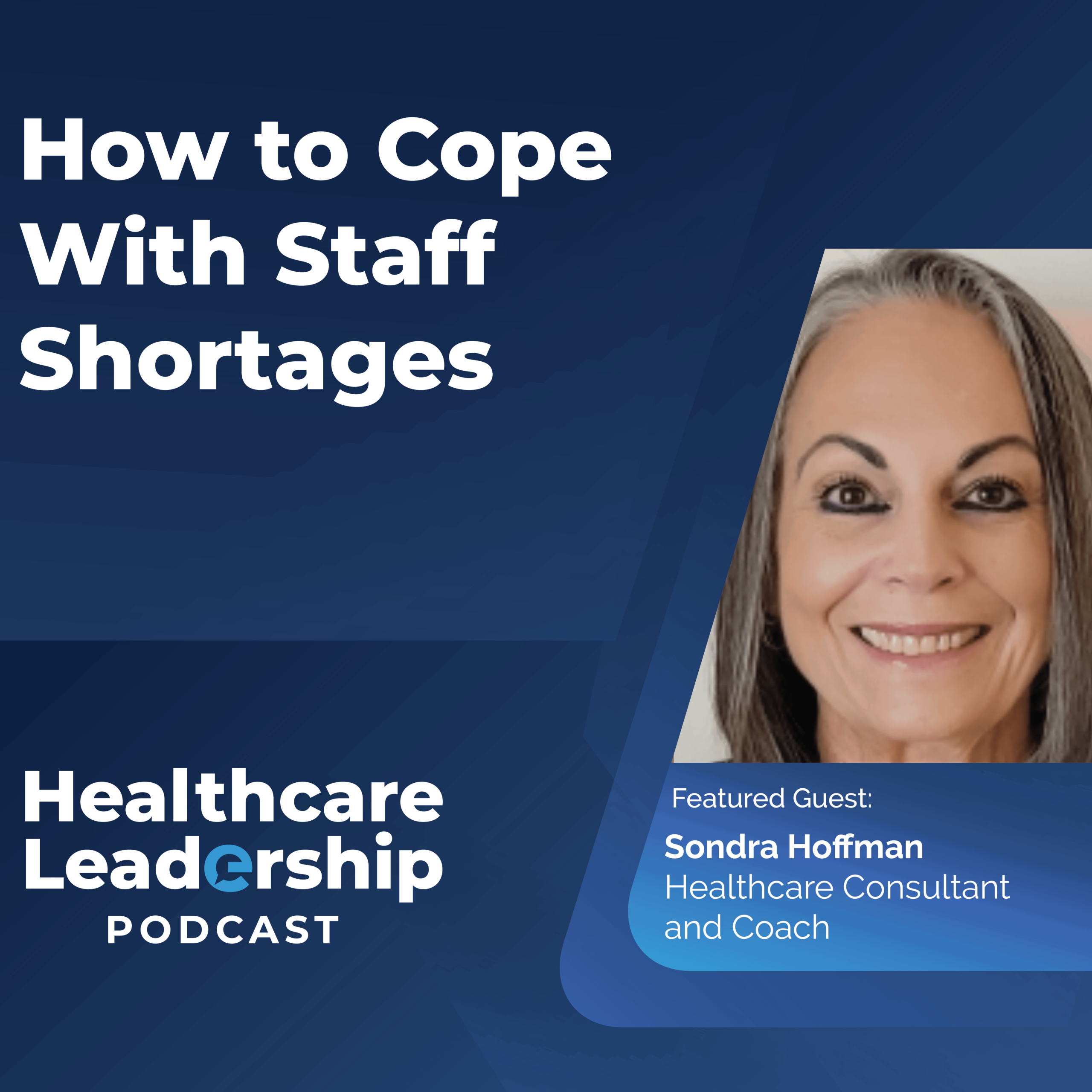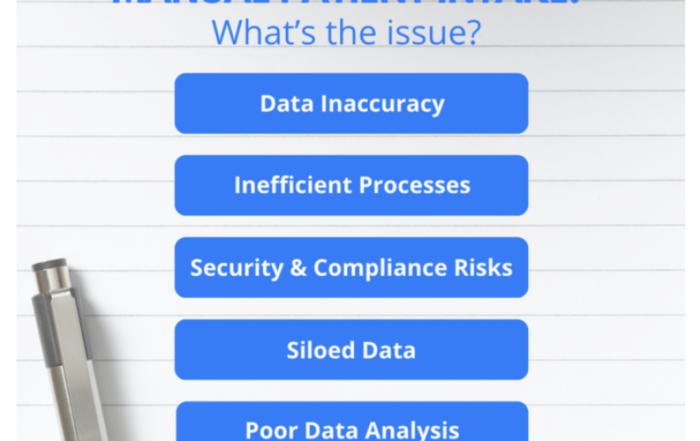With roughly five weeks to go until the close of open enrollment in the healthcare exchange, doctors, politicians, hospital executives and patients are all weighing in on the Affordable Care Act. It will probably take years to determine the real outcome of the new government healthcare mandate. This makes deciding on its success at the moment a challenge open to debate. And debated it will be by nearly every perspective under the sun, from skeptics to believers to puzzled new enrollees.
“California leads the way!”
Across the country, roughly 3.3million people have enrolled in either the government’s insurance exchange or independent state exchanges as of February 1st. Obama’s administration hopes to sign up 7 million total by the open enrollment deadline of March 31st. But the Congressional Budget Office adjusted this prediction to just 6 million due to “the problems that initially plagued HealthCare.gov.”
One state is leading the charge to enroll new applicants and that is California. According to the Hill, California has already beaten the 2014 Obamacare enrollment goals with still over a month to go. House Minority Leader Nancy Pelosi, a California democrat, tweeted, “Congrats CoveredCA for exceeding 2014 enrollment goals and making sure Californians get covered. Once again, California leads the way!”
Will the Uninsured Please Stand Up?
Meanwhile, not all states seem so quick to jump on board. According to a Kaiser Family Foundation poll conducted in January, “50% of Americans have an unfavorable view of the health law, while 34% see it favorably.”
Among some of the uncertain and still uninsured is a surprising gap between ethnicities. Only 19 percent of Latinos and 20 percent of blacks have researched health insurance on the exchanges, reports a survey by the Commonwealth Fund. This stands in contrast to a higher 28 percent of whites who have taken advantage of government insurance.
Officials have been surprised by the lack of interest by the Latino community in general since many remain without healthcare coverage. But this may be in part to the delays in getting the government healthcare’s Spanish language site up and running. Roughly 63 percent of Latinos surveyed said that they wanted to see HealthCare.gov in Spanish. And delays in posting as well as glaring translation errors made it difficult to use CuidadDeSalud.gov, the Spanish language exchange site, once it finally went live last December.
Different demographics remain skeptical for a variety of reasons. Doubtful of a government program and happy with private healthcare options, some will turn to options like direct primary plans. Many of the young and uninsured may choose to continue living without healthcare entirely because of the high prices of Obamacare. However, this creates a potential risk for the entire program because when healthy young people don’t pay premiums, there are not sufficient funds to help sicker patients, and “the new government marketplaces won’t work,” writes the Wall Street Journal.
Canvassing the nation
In other communities, door to door canvassers are having difficulty finding the uninsured. Using microtargeting modeled on President Obama’s “successful voter turnout machines” in both the 2008 and 2012 elections, canvassers, armed with “sophisticated computer lists generated in Washington,” are taking to the streets. The New York Times explains Obama’s administration’s hope that they will be able to identify thousands of uninsured who do not have internet or who haven’t been able to attend community health fairs.
But so far, campaigning has been an uphill battle. Knocking on doors in Hollywood, Florida, retired social worker Nancy Morwin and others “made contact with 2,623 residents and signed up exactly 25 people.” Morwin said that one resident closed his door in her face after muttering, “We’re going to repeal that.”
What Do Healthcare Workers Think?
Hospital administrators, exchange workers and doctors remain largely optimistic about the potential impact of Obamacare in the near future. According to a December poll published in the Washington Post, 93 percent of hospital executives believe that the ACA will improve healthcare by 2020.
But in the meantime, things remain tricky to work out in the real world. Jon Hager, a former Navy Pilot now heading Nevada’s health-insurance exchange, commented that “There are so many people out there that want to see it fail.

John Bluford III can attest to that fact. A hospital chief executive in Kansas City, Missouri, Bluford pushed hard as the leader of the American Hospital Association for Medicaid expansion. However, his home state of Missouri voted it down, leaving a projected $19.2 million in revenue on the table. As a result Bluford and his staff have been forced to cut services and close facilities without funding to cover the uninsured patients they see.
It is a familiar story in Georgia where four hospitals in the last two years have already closed due to Obamacare payment cuts as a result of Medicaid expansion. But for hospitals which rejected the expansion, financial pressure is forcing cuts and closures and prompting some states to act with “hospital bailouts.”
Conclusion
So how will the story end? That is yet to unfold as politicians continue to debate, patients search for coverage and hospitals attempt to keep their doors open. Like any great change, Obamacare will take years to establish its impact and even longer to let history determine its success. What we do know is that there was a problem which needed addressing. But how well the ACA has done this is anybody’s guess for now.
Images from www.npr.org, myfox8.com and www.telegraph.co.uk
